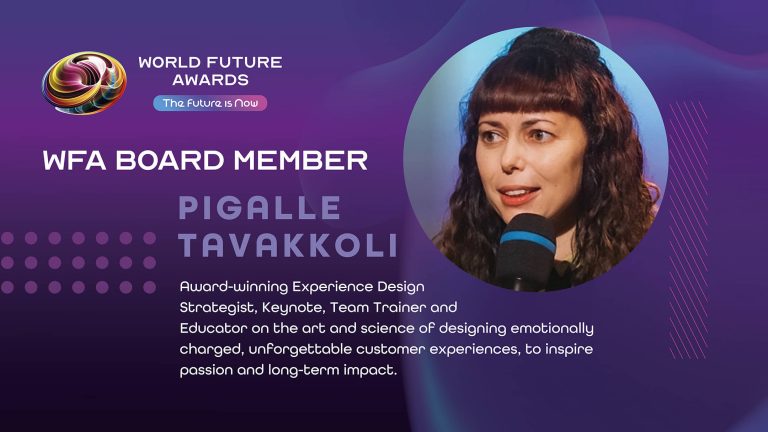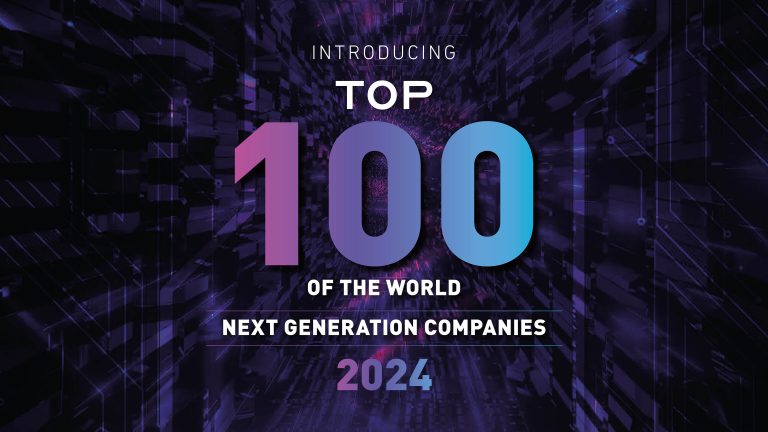
Cellbricks Revolutionizes Healthcare with Award-Winning 3D-Bioprinted Therapeutics
Cellbricks is a revolutionary biotechnology company specializing in 3D-bioprinted tissue therapeutics, and in 2024, the company has been selected as the winner of a revered World Future Awards in the Biotechnology category for Best 3D-Bioprinted Therapeutics Innovation. This award recognizes Cellbricks’ inventive approach to improving human health and longevity through cutting-edge regenerative medicine.
Founded in 2016 by the enterprising CEO Alexander Leutner and Chief Scientific Officer Joachim von Arnim, Cellbricks initially focused on developing 3D bioprinters. In 2021, the company made a strategic shift to become a tissue therapeutics provider. Today, Cellbricks is at the forefront of the biotechnology revolution, creating implantable, 3D-bioprinted tissue that holds the potential to restore organ function and treat patients with compromised tissue and organ damage.
Cellbricks’ breakthrough technology opens the door to a new era of healthcare, where patients suffering from acute organ failure and chronic conditions can experience longer and healthier lives. The company’s bioprinted tissue therapeutics offer a viable solution to one of the most pressing challenges in modern medicine – the shortage of donor organs. By producing functional, implantable tissue on demand, Cellbricks provides an alternative to traditional organ transplants, allowing for faster, more efficient treatments that reduce patient waiting times and save lives.
Cellbricks’ 3D-bioprinted tissue therapeutics have sparked a paradigm shift in regenerative medicine. Unlike traditional treatments like xenografts and cell and gene therapies, which face numerous challenges, 3D bioprinting provides a scalable, effective solution. By offering a way to print functional human tissue, Cellbricks is making strides in treating diseases and conditions that were previously untreatable.
The company’s vision includes establishing Cellbricks Biofabrication Centers (CBCs) in metropolitan areas worldwide. These centers will work in collaboration with hospitals to provide organ tissue on demand, revolutionizing the way medical treatments are delivered and helping to meet the global demand for life-saving tissue.
Cellbricks’ innovative solutions have the potential to dramatically improve patients’ quality of life. By providing therapies that restore health and organ function, Cellbricks helps individuals age in good health, not just live longer. Moreover, this innovation significantly reduces the economic burden on healthcare systems. For example, liver transplants, which can cost up to $800,000 per patient, could be replaced with more affordable and readily available bioprinted tissue, drastically reducing costs and saving lives.
Joachim von Arnim maintains that tissue therapeutics will have a profound impact on society by treating patients who previously had no viable options, and that not only will they be able to save lives, but they’ll also alleviate the financial strain on healthcare systems around the world.
Cellbricks continues to lead the charge in regenerative medicine through constant innovation. Over the past two years, the company has filed multiple patents for its tissue therapeutics technology, further cementing its role as a frontrunner in the industry. With a strong commitment to quality, Cellbricks’ products are designed to meet the highest standards of safety and efficacy, ensuring that patients receive the best possible care.
About Cellbricks
Cellbricks is a leading biotechnology company specializing in 3D-bioprinted tissue therapeutics. Founded in 2016 and based in Berlin, Germany, the company is dedicated to revolutionizing regenerative medicine through the development of life-saving, implantable tissue that can restore organ function and improve the quality of life for patients. Under the leadership of CEO Alexander Leutner and CSO Joachim von Arnim, Cellbricks continues to push the boundaries of biotechnology, creating innovative solutions that address some of the most pressing challenges in modern healthcare.
MORE NEWS

Pigalle Tavakkoli Joins the Board of World Future Awards: A New Era of Experience Design Leadership

The World’s Finest in Tech and Innovation World: WFA Presents TOP 100 Next Generation Companies 2024

Emerging Technology and the Future of Marketing: A New Era of Customer Engagement

The Intersection of Technology and Storytelling: How Strategic Narratives Humanise Complex Innovations

Making Banking Personal Again: Agent IQ’s Lynq Platform Honored

GreenPlat Wins 2024 WFA for Best Blockchain Technology for ESG Management

Championing Change in Fintech: A Conversation with Dr. Jasmin B Gupta, WFA’s Newest Board Member
NEWSLETTER
Sign up to learn more about our project and to stay up to date.

